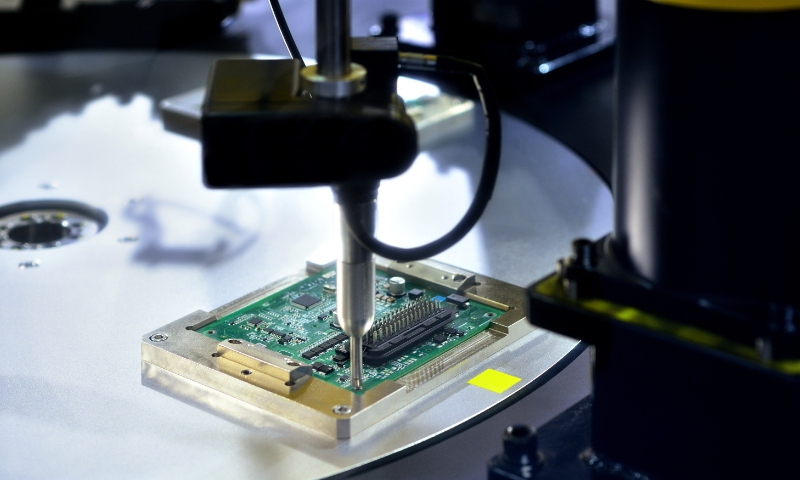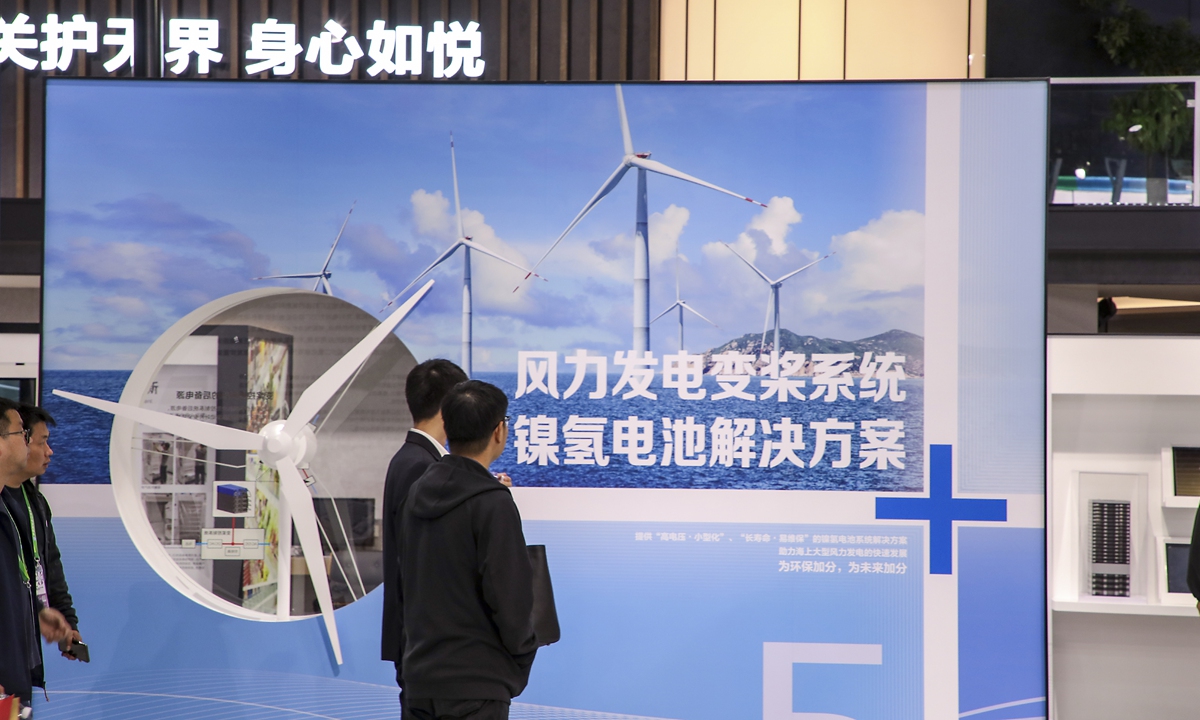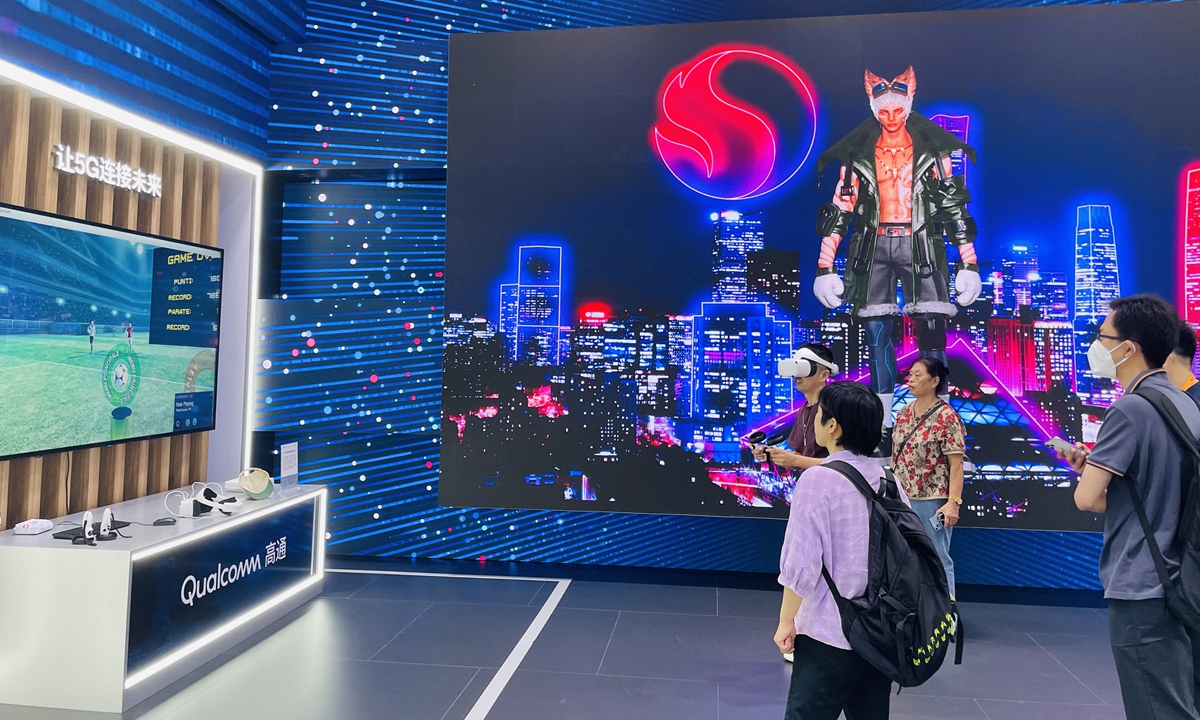US urged to open to cooperation and competition as 'small yard, high fence' mentality will backfire

Production of semiconductor chip. In the first seven months of this year, China’s integrated circuit (IC) exports reached 640.91 billion yuan, a year-on-year increase of 25.8 percent, according to the General Administration of Customs. Among key export commodities, the growth rate of ICs was second only to that of ships. File photo: VCG
The US should abandon the zero-sum mentality in technology cooperation with China and seek more win-win solutions instead of intensifying trade tensions, Chinese experts said on Tuesday. They said that US chip blockages targeting China failed to achieve their goals and have even backfired on US businesses and consumers.
The remarks were made in response to a report by the US-based Information Technology & Innovation Foundation released on Monday, suggesting that the US should consider adopting the so-called International Procurement Instrument, which will condition China's access to European public procurement markets.
Policymakers in the US and other allied nations "should develop new trade tools permitting the US government to reciprocally exclude Chinese competitors from competing in US markets," the report said, claiming that this should be placed where the "Chinese are denying US (and other foreign) firms market access."
The report hinted that China is a competitor to the US in the technology sector and therefore needs to be restrained. But it also claimed that "there is nothing to worry about, because America leads in innovation."
The corresponding claims in this report are highly irrational and do not match market principles, Zhou Mi, a senior research fellow at the Chinese Academy of International Trade and Economic Cooperation, told the Global Times.
China is a major producer and exporter of semiconductors, with exports continually increasing. These products provide crucial support for the development of supply chains and industry chains for American companies.
"Restricting these products would severely reduce the ability and options of American industries to obtain semiconductors, which would have a significant impact on American companies," Zhou said.
Opposition to US restrictions on tech exports to China is increasing as American companies face rising financial losses and Chinese firms develop stronger independent innovation capabilities.
With the US facing inflationary pressure, it should really reconsider its zero-sum mentality when it comes to cooperation with China in the semiconductor industry, Xiang Ligang, director-general of the Beijing-based Information Consumption Alliance, told the Global Times on Tuesday, since "the idea of completely replacing Chinese semiconductors is unrealistic and not sustainable."
The latest remarks by the US foundation again show that Washington's restrictions on China's semiconductor industry are not only for political purposes, but also, to a large extent, for economic purposes, Ma Jihua, a senior industry analyst, told the Global Times.



